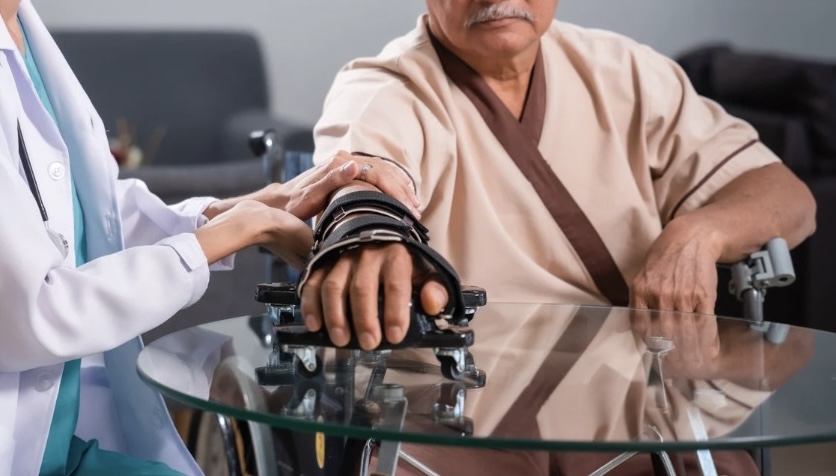Iliana Barreto, Coordinator at Centro Latino in Manchester knows firsthand what it’s like for people who are not native English language speakers to be shamed. “Some feel a sense of embarrassment and some people are made to feel less than. You can get frustrated,” Barreto said in a recent episode of NHPR’s Visibles.
Barreto originally moved to Boston from Puerto Rico with her family and was the first to learn English. She grew up translating and interpreting for her parents. It’s a reality many children of immigrants in the U.S. live through.
The COVID-19 pandemic created new challenges for immigrants and refugees in New Hampshire seeking assistance to manage their health. Many rely on their children to navigate what can often be a frustrating process in getting information by phone or websites.
However well-intentioned, children who have to translate for their non-English speaking parents often face mental health struggles, according to a recent study. Children in these situations can typically feel like the roles are reversed. Kids are placed in a parenting role and have to make sure to “care” for their parents. To ensure that they have what they need and that they can get by in a society where they don’t speak the language.
The same language barrier exists in telemedicine; a convenient and safer way to treat patients during COVID-19.
State Representative Manny Espitia (D) from Nashua, is one of the sponsors of H.B. 1390, a bill that would address language translation services in telemedicine.
Espitia told the Concord Monitor that coming from a Hispanic-Latino family where he had to serve as a translator for his parents when he was a kid, he knows the burden of not having an official interpreter.
“We want to make sure that every medical professional has access to translation service so that a patient can get the right information,” he said.
Spanish is the second most popular language spoken in New Hampshire, after English. 2.1 percent of state residents speak Spanish.




